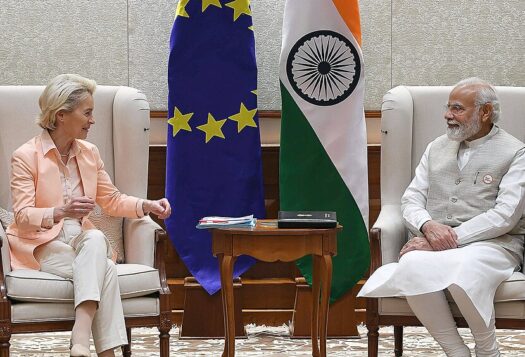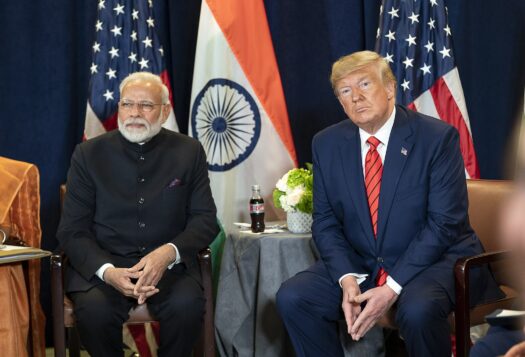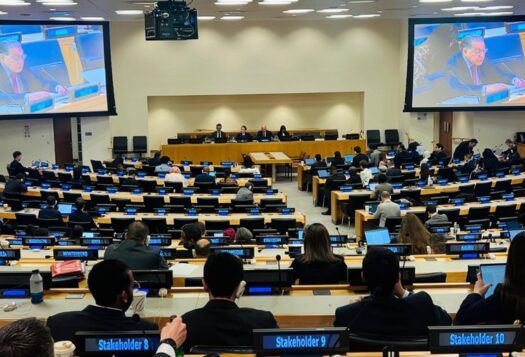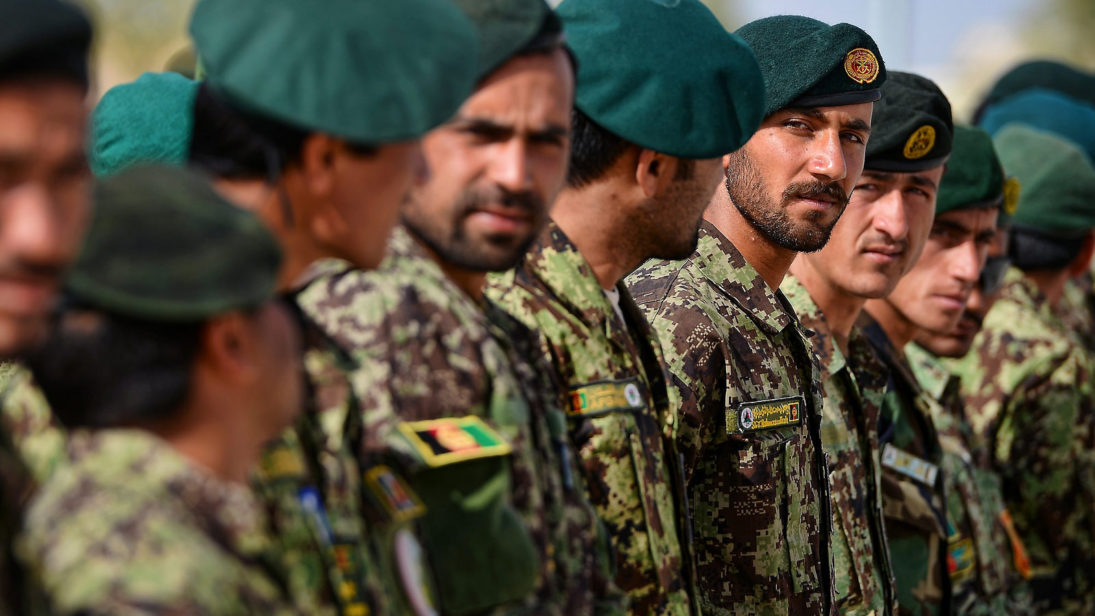
At present, there appears to be an absence of clarity in U.S. policymaking circles regarding its potential Afghanistan strategy. What is clear, however, is that Pentagon is handling the matter and that U.S. President Donald Trump does not seem particularly interested in sending more troops to Afghanistan. A handful of U.S. Marines have been sent as a token contribution for now, but those numbers are unlikely to bring about a substantial change to reality on the ground. Other North Atlantic Treaty Organization (NATO) allies do not seem enthused by the idea of sending more troops, certainly not another surge. The United States appears keen on resuming the peace process with the Taliban, but has struggled to make progress on that front as well.
If the United States seeks an effective strategy, it will need to work on two aspects: consensus-building and prioritizing – in addition to clearly defining what its end goals are.
The groundwork is being laid for a regional approach to Afghanistan. For this effort to be successful and sustainable, Washington will have to provide credible and tangible assurance of its intent and sincerity that regional countries will not be short-changed in the future after they join a regional cooperative framework. The United States might have to work alongside Russia, much like it did in Syria, as a NATO-led approach may not be sufficient and may require reinforcement from the United Nations (UN) and Shanghai Cooperation Organization (SCO). Several relevant countries, including Afghanistan, Iran, Russia, India, China, Pakistan, Tajikistan, Uzbekistan, Kazakhstan, and Kyrgyzstan are part of the SCO in different capacities. The UN will also be a credible partner in a collective effort. Importantly, however, unless the terms of engagement with Pakistan are redefined—given Pakistan’s duplicitous role in the Afghan war—no amount of planning or multilateral approaches will result in sustainable peace.
Coherence: A security-focused strategy will be inadequate. Unless the goals are long-term and comprehensive – i.e., includes government institution-building, the revival of the economy, human resource development, etc. – governance will remain in shambles and continue to feed into destabilization. The international community needs to conduct itself as a single unit while supporting Afghanistan at the helm. At present, there seems to be no “international community.” On the contrary, what exists are scattered groupings of actors or individual actors tugging in multiple directions without a clear, coherent structure. Such a state of affairs is not conducive for effective governance even during peaceful times, let alone for negotiating a ceasefire or resolving armed conflict.
Support for Governance: Governance is a casualty of the protracted war in Afghanistan, deteriorating significantly over the past three years. Until its term is over, the current Afghan government cannot afford to be further diminished either due to its own shortcomings or otherwise. Political stability and accountability need improvement. If the Afghan parliamentary elections, now scheduled for July 7, 2018, are not held as announced, it will not bode well. Full-spectrum election assistance to the Afghan government is thus required from the international community. Moreover, it would be useful not to attempt to exploit the ethnicity-driven political churning currently underway in Afghanistan.
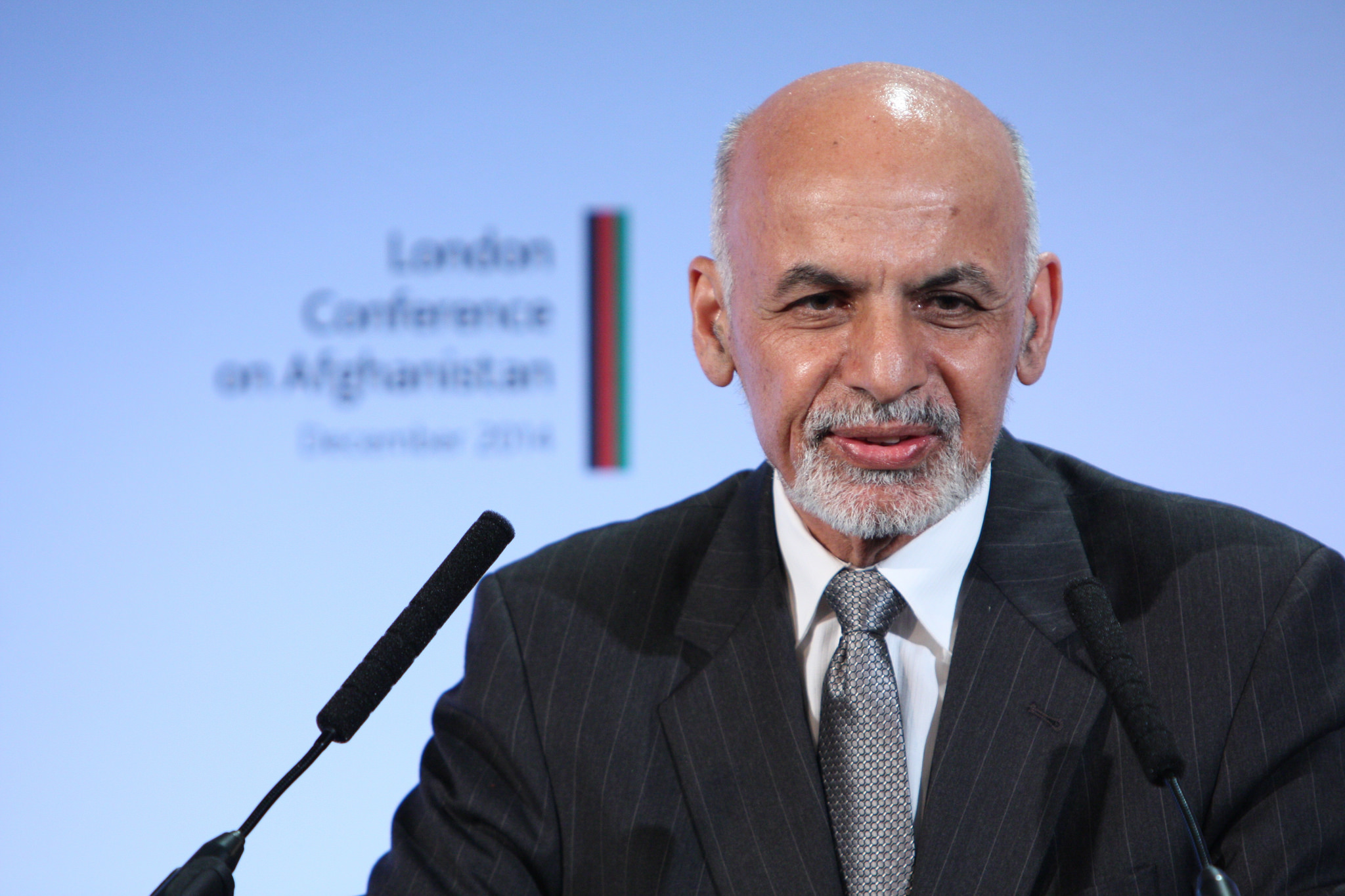
Revival of the Economy: The Afghan economy needs to be revived, not just through government-to-government engagement but also through these countries’ private sectors and civil societies. As Jan Bloch had identified in a conversation with W.T. Stead prior to his death in 1902, today, economic factors are “the dominant and decisive element” in the outcome of wars. The health of a country’s economy is crucial to its capability to deal with the pressures of governance challenges and insecurity. Thus, the role of the international community should primarily be to facilitate an environment and circumstances conducive for economic growth.
Security Assistance: It appears that this issue is as much (if not more) about the nature, quality, and strategy of military presence as the quantity thereof. Afghan’s security strategy requires adequacy and the Afghan government should be the arbiter of what resources it needs. The United States’ commissioning of private contractors has already caused a great deal of damage and should be avoided. Emphasis needs to be laid on supporting and improving human development among the Afghan armed forces personnel. Simultaneously, unless Pakistan’s dubious role in the Afghan war is comprehensively dealt with at an international level, efforts towards addressing insecurity in Afghanistan will be incomplete.
Reconciliation: Kabul must set the agenda and identify conditions under which it is willing to conduct negotiations with the Taliban. It will not be useful to negotiate from a position of weakness and without a realistic time-frame. Credible mediators will be required while negotiating, and time-tested practices of entering talks and negotiating with armed groups must be followed. The UN’s help will be valuable in this regard. Here, recognizing the unreliability of Hizb-e-Islami Chief Gulbuddin Hekmatyar is important. Hekmatyar has for decades enjoyed the patronage of Pakistan’s Inter-Services Intelligence (ISI), and his past record is littered with war crimes and flip-flops on agreements/stances. This makes him not just an unreliable “ally” in Afghanistan’s quest for security, but also a de-stabilizing factor in Afghanistan’s political stability.
Perception management is urgently required for negotiations to move forward. The more Kabul and the international community appear anxious and disjointed, the fewer chances there are of the peace process moving forward. It must be credibly demonstrated that the international community that came together 16 years ago in Afghanistan has the country’s back in its war against terror. To that end, words and actions need to match tangibly. Until then, the sense of despair and general anxiety in the Afghan public is likely to continue.
Fundamentally, a settlement to the Afghanistan question will require a comprehensive, long-term, and concerted strategy, not impulsive reactions towards short-term objectives.
Views expressed in this article are the author’s own and do not necessarily reflect those of her affiliated organizations.
***
Image 1: Defence Images, via Flickr.
Image 2: DFID, via Flickr.
